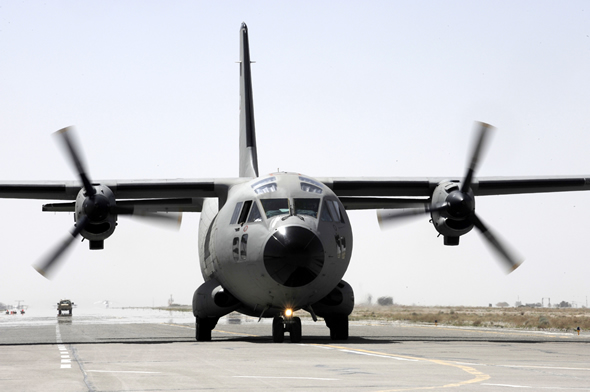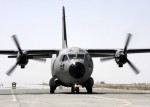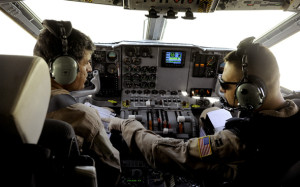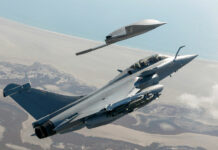

The entire fleet of US Air Force C-27J cargo aircraft has been ordered grounded following a mechanical failure of one aircraft’s flight control system. The failure occurred during a training mission on 3 July and was described as a “flight control problem” in a written statement released by Air Force officials.
The Air Force characterizes the grounding as a “precautionary measure” that is under investigation. The Air Force statement states that the service is working closely with the prime contractor, L-3 Communications, and the C-27J manufacturer, Alenia Aermacchi, to “resolve the matter as quickly as possible and return the C-27J fleet to normal flight operations.”
No indication was provided to specify how long the fleet would remain grounded. Historically, malfunctions of this nature with similar aircraft have been resolved in a matter of weeks. Determining the cause of the malfunction will involve an examination and testing of all components related to flight control operations to include wing and flight-control surfaces with particular attention being focused on those components that control the aircraft’s altitude.
The only operator of the C-27J in the United States is the Air National Guard, but international operators include Bulgaria (3), Greece (8), Italy (12), Lithuania (3), Morocco (4), and Romania (5). Australia has recently secured an order for 10 C-27Js for delivery in 2015. A formal bulletin has been issued to all services and nations operating the aircraft, and its predecessor the G.222 (C-27A), recommending immediate inspection of their aircraft. Other operators of the C-27J include
Only three weeks ago, the Air Force removed the C-27J from flight operations in Afghanistan. This move appears unrelated to the recent malfunction and was undertaken as part of the Air Force’s plan to cancel the C-27J project and retire the fleet of 21 aircraft currently in service because of budget restraints.
Cancelling the C-27J program and retiring the operating fleet has met with fierce opposition from the Air National Guard, legislators, and state governments. A proposal is now before both houses of the US Congress that, if enacted, would force the Air Force to discontinue all plans to retire the aircraft. The C-27J has been used as a cargo aircraft and troop transport in combat and for humanitarian missions in the United States.




















